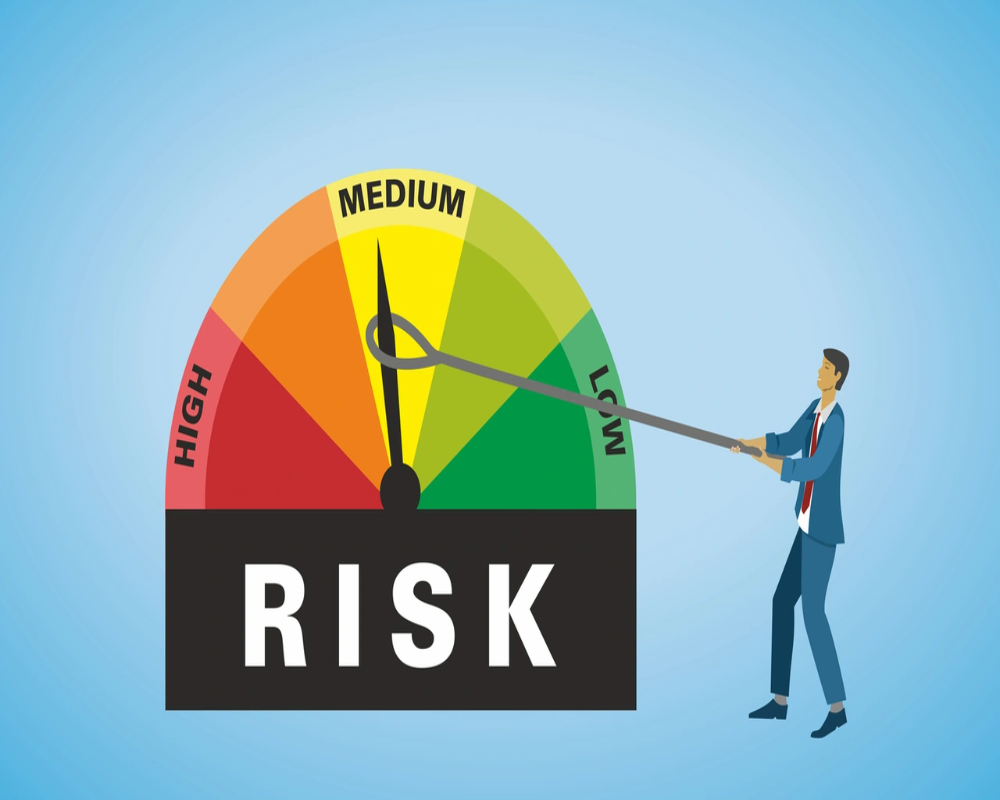Introduction
An unclear land title refers to a situation where the ownership of a property is not legally established or is disputed due to gaps, inconsistencies, or legal defects in the documentation or ownership history. This condition poses serious risks for buyers, sellers, investors, lenders, and developers, particularly in high-value and industrial real estate transactions. A land title must be clear, marketable, and free of encumbrances to ensure lawful transfer, secure investment, and seamless development. When the title is uncertain, the consequences can extend beyond legal disputes, affecting financial transactions, regulatory approvals, and operational viability.
Legal Disputes and Ownership Challenges
The most significant risk associated with an unclear land title is the potential for legal disputes. If multiple parties claim ownership or if previous transactions are not legally valid, courts may stay or cancel future transactions, rendering the buyer’s investment insecure. In cases where past transfers were made without proper authority, registration, or consent of co-owners or legal heirs, the title becomes legally vulnerable. Buyers may become entangled in prolonged litigation to defend their possession or recover their investment.
Unclear title also raises the risk of dual sale or fraudulent transfers where the same property is illegally sold to more than one party due to the absence of verified ownership documentation. In such situations, establishing legal ownership becomes complex and may require judicial intervention.
Obstruction in Land Use and Development Approvals
Properties with unclear title often face barriers in obtaining approvals from government authorities for land use conversion, zoning clearance, building permits, and operational licenses. Planning authorities typically require legally certified proof of ownership before approving any development application. If the title is disputed, conditional, or inherited through unverified means, the authority may reject or delay approval, resulting in financial losses and operational setbacks for industrial or commercial developers.
Even if development is initiated, future objections or litigation from third parties can halt construction or result in demolition orders. For large-scale industrial units, such disruptions can impact business continuity and supply chain commitments.
Ineligibility for Loans and Institutional Funding
One of the major financial risks of an unclear land title is the inability to secure financing or insurance. Banks and financial institutions conduct their own legal due diligence and require proof of a clear, undisputed title before sanctioning loans against land or property. If the title is ambiguous, the land cannot be used as collateral, and the buyer may have to arrange funds without institutional support. In cases where a loan is mistakenly granted against disputed land, the lender’s recovery rights are weakened, and the loan becomes non-performing.
Similarly, insurance companies may refuse to underwrite policies for assets with unclear title, leaving owners unprotected in the event of legal or physical damages.
Obstacles in Resale and Exit Opportunities
An unclear title significantly reduces the marketability of land. Prospective buyers, investors, or tenants are likely to avoid properties with ownership concerns, resulting in reduced demand and lower valuations. If the owner intends to resell or lease the land, the unclear title becomes a negotiation disadvantage and may deter serious parties from proceeding.
This also limits the owner’s exit strategy, particularly in commercial and industrial sectors where land liquidity is a key factor for financial planning and business expansion.
Exposure to Regulatory and Tax Penalties
In some cases, an unclear land title may mask non-payment of property taxes, unauthorized land use, or violations of land ceiling laws, which attract penalties from local and revenue authorities. The buyer, if unaware, may inherit these liabilities and be forced to pay dues or face regulatory sanctions post-acquisition.
Moreover, if land has been acquired from reserved, government-owned, or tribal categories without proper clearance, it may be subject to re-possession or cancellation by the state, leading to irreversible loss.
Conclusion
An unclear land title poses multifaceted risks that can undermine the legal, financial, and operational integrity of any land transaction. From ownership disputes and blocked approvals to financial exclusion and resale challenges, the consequences of acquiring or holding land with a defective title are far-reaching. Therefore, conducting thorough title verification, engaging legal experts, and obtaining a title opinion report are indispensable steps in mitigating these risks. Ensuring a clear and marketable title is not just a procedural necessity but a strategic safeguard for securing property rights, business continuity, and long-term asset value.
Hashtags
#LandTitleRisks #PropertyOwnership #RealEstateIssues #LandTitleClarity #LegalLandTitles #PropertyDisputes #LandOwnership #TitleInsurance #RealEstateLaw #LandTitleProblems #RiskManagement #PropertyRights #ClearTitle #LandTitleSearch #TitleDefects #RealEstateInvesting #LandTitleAwareness #HomeBuyingRisks #LandTitleEducation #SecureYourTitle


